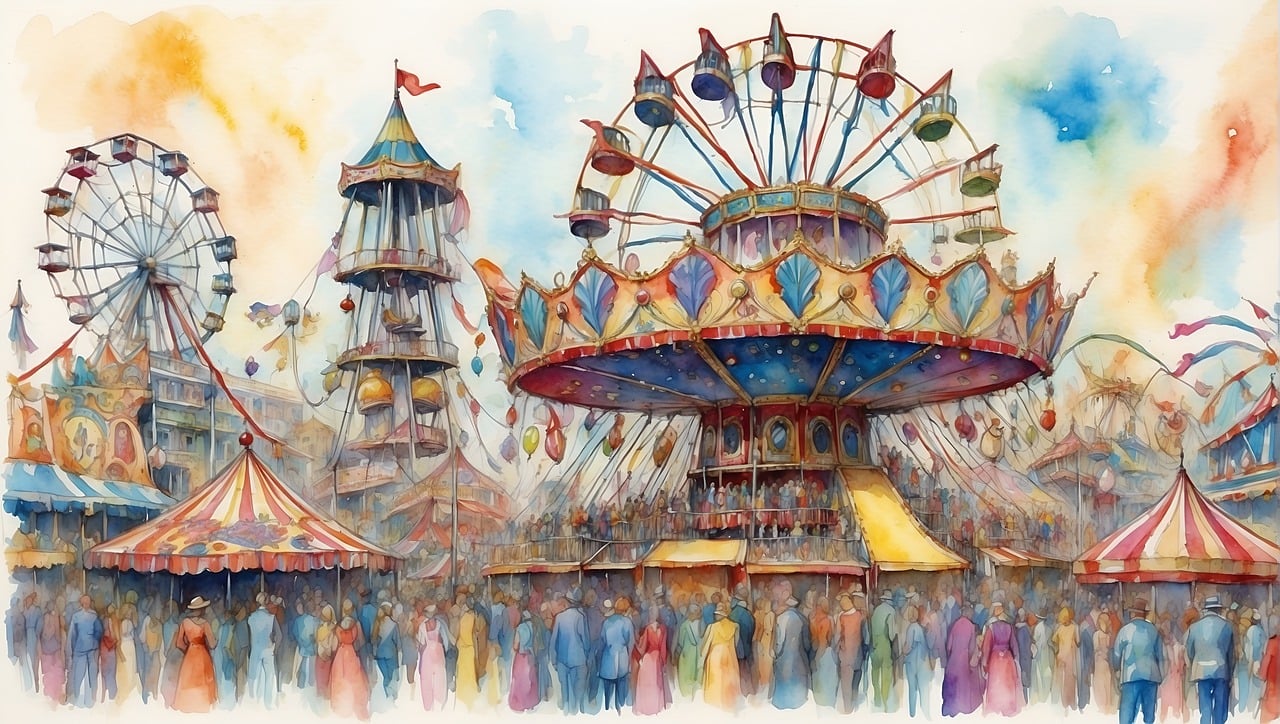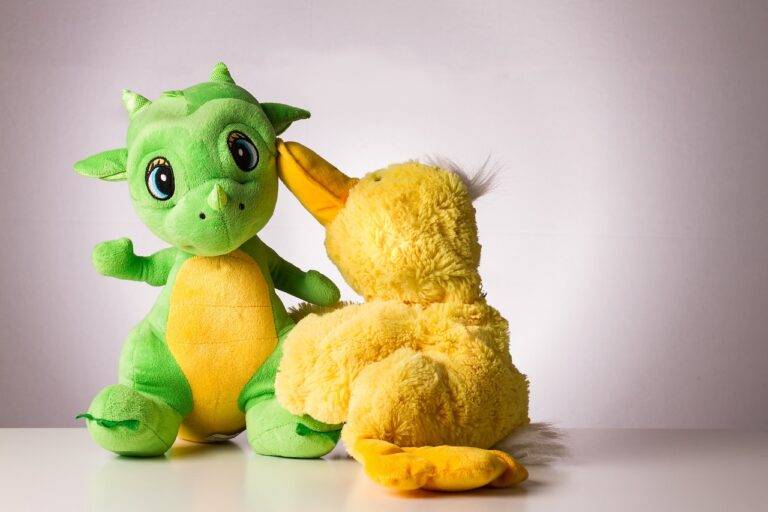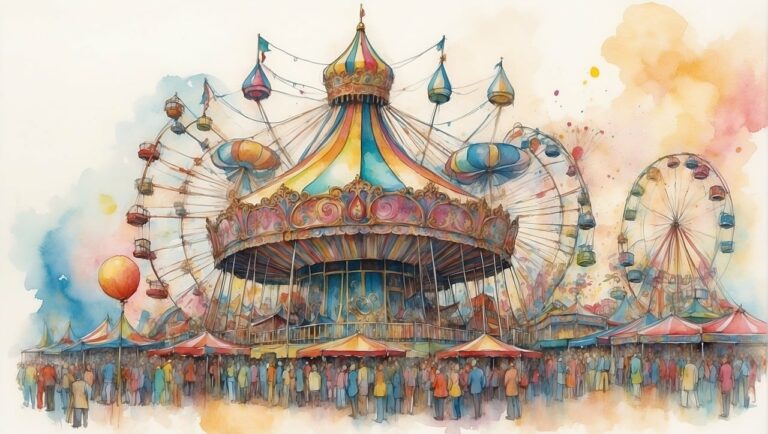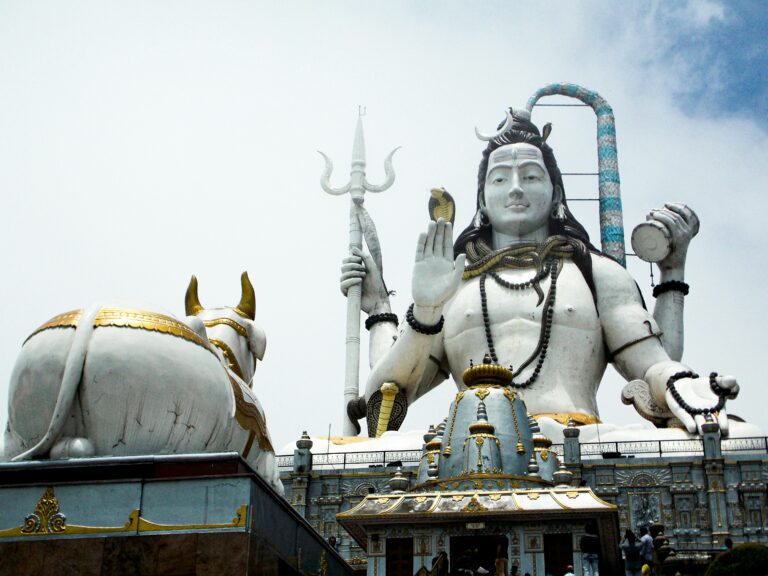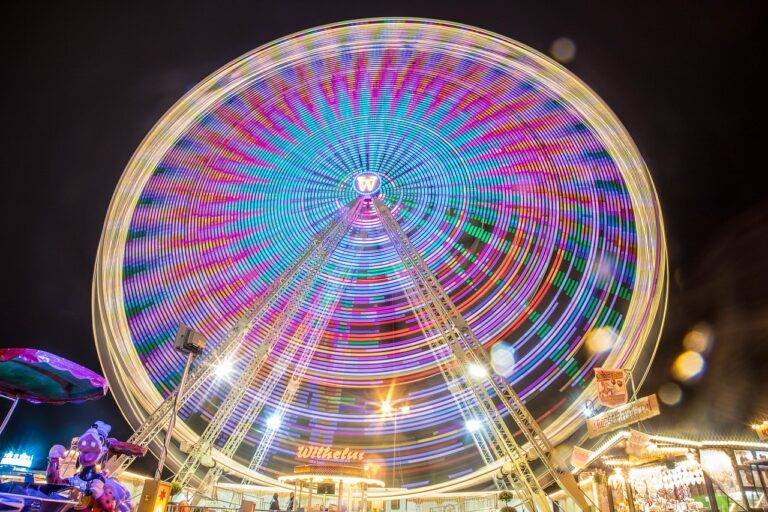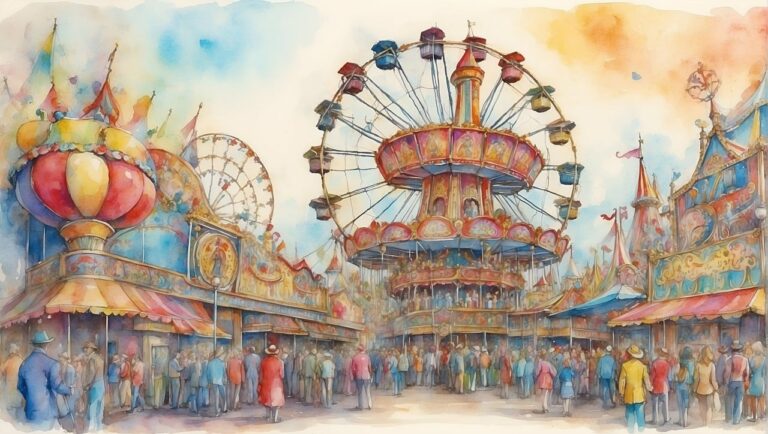The Psychology of Horror: Why We Love to Be Scared
Fear is a primal emotion that has deep-seated evolutionary roots within the human psyche. Throughout history, fear has played a crucial role in survival, serving as a mechanism to alert individuals to potential threats and dangers in their environment. This innate response triggers a cascade of physiological reactions within the body, preparing it for a fight-or-flight response to ensure the individual’s survival.
From an evolutionary standpoint, the ability to sense and respond to fear has been honed over millions of years of natural selection. Those ancestors who were more attuned to detecting potential dangers and responding quickly were more likely to survive and pass on their genes to future generations. As a result, fear has become a fundamental aspect of human cognition, intricately linked to the brain’s intricate systems for processing threat and danger cues in the environment.
The Role of Adrenaline in Enjoying Horror
Adrenaline is often dubbed the “fight or flight” hormone for its role in preparing our bodies to face threatening situations. When we watch horror movies or engage in activities that induce fear, such as haunted houses or roller coasters, our brain releases adrenaline in response to the perceived danger. This surge of adrenaline triggers a range of physiological responses, including increased heart rate, heightened senses, and a surge of energy, all of which contribute to the intense experience of fear and excitement associated with these activities.
The release of adrenaline during horror-related experiences can be linked to the psychological phenomenon of seeking out thrills and excitement. Some individuals may enjoy the rush of adrenaline that comes with feeling scared because it provides a sense of exhilaration and intensity that is not typically experienced in everyday life. The combination of fear and pleasure experienced during horror activities can create a unique and memorable experience for individuals seeking the adrenaline-fueled thrill of being scared.
The Connection Between Fear and Pleasure
Fear and pleasure are often perceived as contrasting emotions, yet they share a complex and intertwined relationship in the human experience. Research suggests that the sensation of fear can trigger the release of dopamine in the brain, the same neurotransmitter associated with pleasure and reward. This dual activation of fear and pleasure pathways may help explain why some individuals find enjoyment in activities that elicit fear, such as watching horror movies or riding roller coasters.
Moreover, the connection between fear and pleasure may have evolutionary roots dating back to our ancestors. In prehistoric times, the ability to experience fear in response to potential threats was crucial for survival. This heightened state of arousal not only enabled individuals to detect and respond to dangers more effectively but also provided a rush of adrenaline that heightened sensory perception and physical capabilities. Over time, this adaptive response to fear may have become intertwined with pleasure, as the brain learned to associate the sensation of fear with the exhilaration of overcoming challenges and conquering fears.
The sensation of fear can trigger the release of dopamine in the brain
Dopamine is associated with pleasure and reward
Some individuals find enjoyment in activities that elicit fear, like watching horror movies or riding roller coasters
Fear and pleasure pathways may be interconnected in the brain
Evolutionary roots may explain the connection between fear and pleasure
In prehistoric times, fear was crucial for survival
Fear heightened sensory perception and physical capabilities
Over time, fear may have become intertwined with pleasure as a response to challenges
What are the evolutionary roots of fear?
Fear evolved as a survival mechanism to protect humans from potential threats or danger in their environment.
How does adrenaline play a role in enjoying horror?
Adrenaline is released in response to fear, creating a physiological response that can be pleasurable in certain contexts, such as watching a horror movie.
Is there a connection between fear and pleasure?
Yes, research suggests that the brain can interpret fear as pleasurable in certain situations, leading to a complex relationship between the two emotions.

